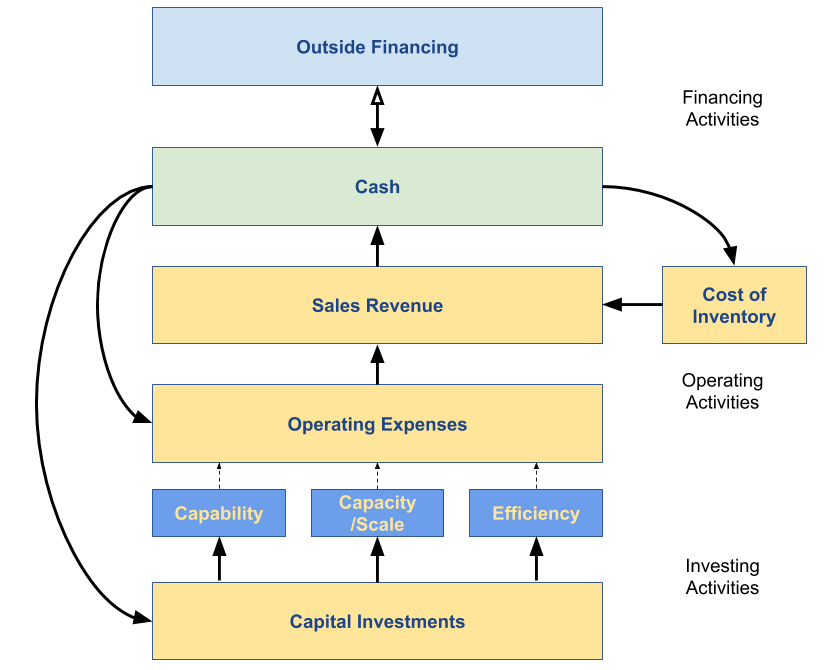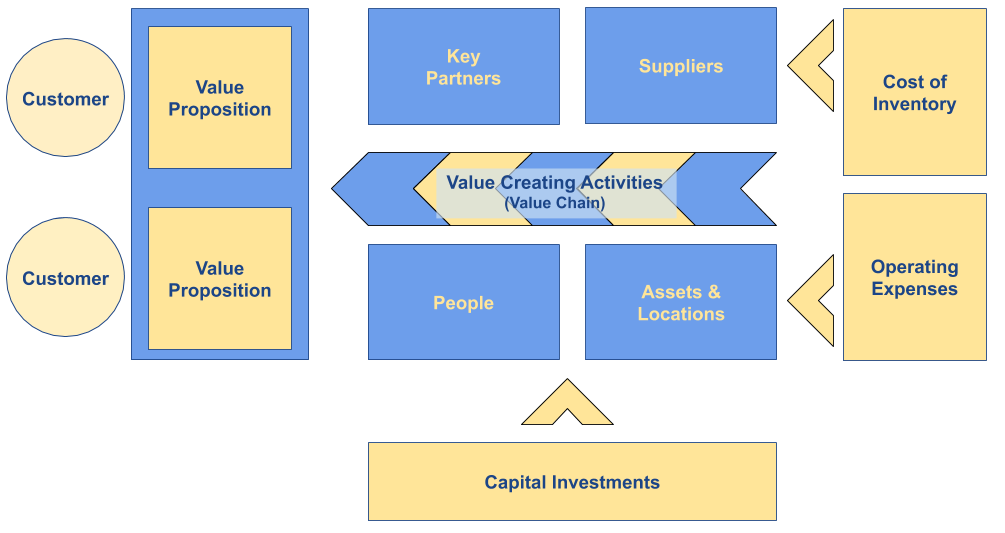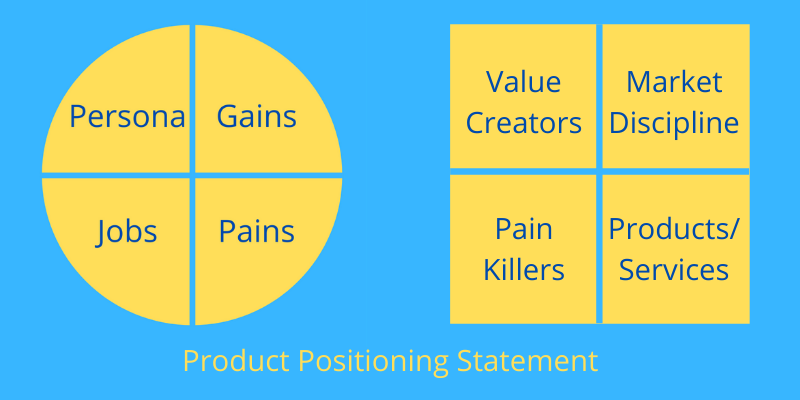What Do You Need To Do Right Now?
We’ve come to the last of the six questions that every business needs to be prepared to answer. What do you need to do right now? It can’t be answered without doing the work of answering the first five questions: Why does your business exist? What principles will you never compromise? Whom do you serve? Why do customers choose you? How do you make money?
Doing without understanding is like wandering in the dark. You’re not likely to make meaningful progress. But understanding without doing is just as unproductive.
What Do You Need To Do Right Now? Read More »










